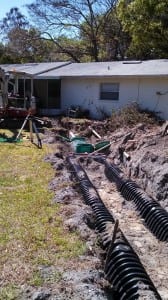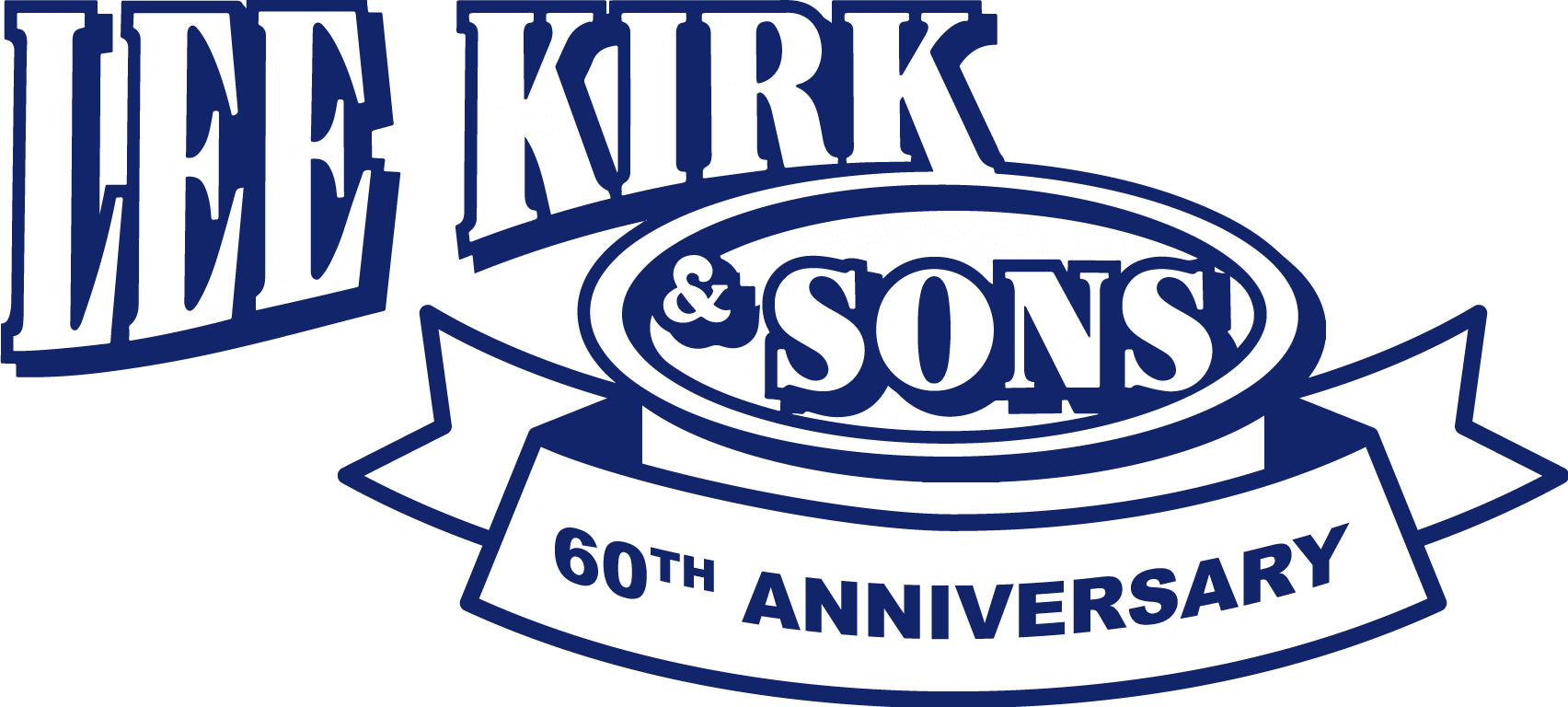 Today, the final destination of the waste pumped out of septic tanks by residential septic services is governed by state and federal laws. Sometimes, the contents are delivered to waste treatment plants where they are added to sewage piped in from municipal systems, or they are delivered to for-profit, independent companies that specialize in treating septage (partially treated waste water).
Today, the final destination of the waste pumped out of septic tanks by residential septic services is governed by state and federal laws. Sometimes, the contents are delivered to waste treatment plants where they are added to sewage piped in from municipal systems, or they are delivered to for-profit, independent companies that specialize in treating septage (partially treated waste water).
Cesspools are also used to treat septage by holding the waste while biological or chemical materials break it down into effluent. Septage can also be dumped in certified landfills. However, the regulations regarding the dumping of septic waste are stringent, and in recent times, the number of these sites has diminished.
Due to the dilemma posed by the disposal of contents produced by residential septic services, septage can be used in another way – to grow food. If the food you eat is not labeled USDA Organic, it’s very possible that it was fertilized by the sludge that used to be in your septic tank. For obvious reasons, this use of septage is somewhat controversial.
There’s another more groundbreaking way to use septage, and that is to generate electricity to power homes. For a long time, it’s been known that the methane produced in the breakdown of sewage can be used to generate electrical power. This simple fuel is also broken down and used to generate electricity at on-site treatment plants. Since the electricity it produces does not combust, there is little or no pollution.
For all your septic issues, contact us at Lee Kirk & Sons Septic in Lakeland, Florida. We specialize in residential septic services, pump repair, drain field repair, and more.
